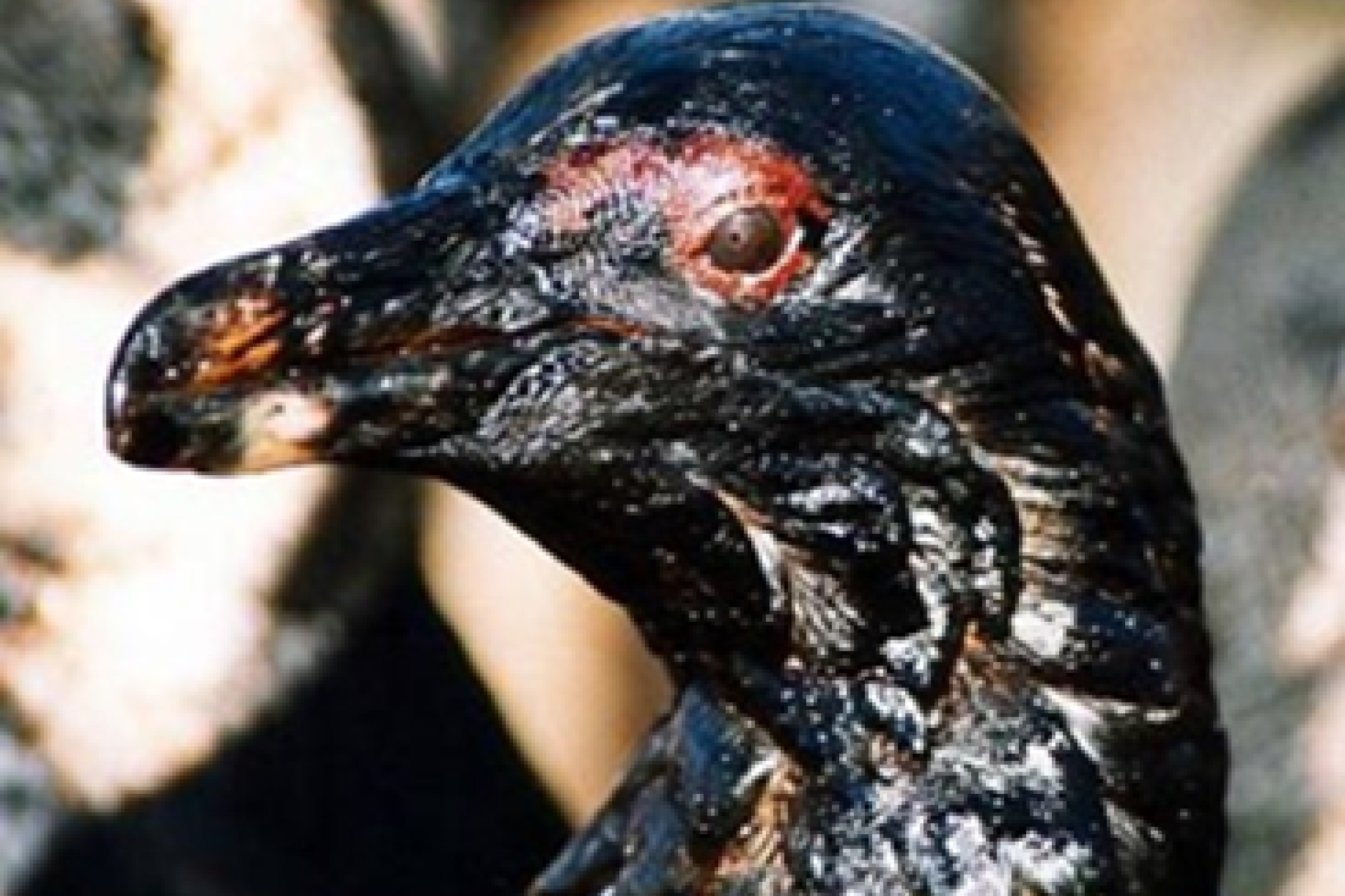
Restoring Life at Sea
Oil spills at sea are a considerable threat to the South African oceans and coastline as the oil inevitably gets washed out along the shore. The hazards for wildlife include toxicity during exposure or ingestion, injuries such as smothering and deterioration of thermal insulation, and damage to their reproductive systems and behaviors. While the oil is at sea, seabirds and particularly the seabirds that cannot fly such as the endangered African Penguin are at risk. There has been a dramatic increase in the number of African Penguins oiled since 1990: 30,000 individuals were oiled in two individual oil spills (in 1994 and 2000). Animals attempt to clean oil off their bodies, which results in them ingesting the oil. This in terms damages internal organs such as the lungs (impacted by fumes) and the liver and kidneys that try to process the oil through the body to remove it. Despite successful rehabilitation programs the long-term survival and breeding of these birds have been impaired.

Oil spills at sea can be due to small, localized spillages during transfer of fuels, illegal dumping of fuel, or disastrous events where vessels fuel storage facilities are damaged and an unavoidable leak to the ocean happens. Many controlled activities regarding fuel handling, such as transfers are done within the confines of ports which have specific facilities to minimize pollution, however, many activities are done on the high seas. Oil floats on water and can disperse over a large area directly affecting wildlife. Many species are affected as the heavy metals disperse through the ocean ecosystem and long-term effects on fisheries can occur due to the compromised health of top predators as the concentration of these heavy fuels accumulate through each trophic level of the food chain.
Responses to oil spills is a complicated, involving many different parties and often extending from local to International relationships. Much work is needed during non-response times to develop these relationships, tools and processes which aid the response and sourcing of funding and equipment to have in place at the time of a spill. The South African Interim Incident Management Organization (IMOrg), under the Department of Transport, plays a critical role in coordinating preparedness and response, utilizing the internationally recognized Incident Management System (IMS) which was introduced in 2015. (https://www.hellenicshippingnews.com/marine-pollution-incident-management-preparedness-imorg-at-the-helm/)
CapeNature is represented on this group and contributes substantially to the different processes and plans which are developed towards better incident management. The National Oil Spill Contingency Plan (recently approved, Oct 2018) and its subsidiary, the national Oiled Wildlife Response Contingency Plan, that is currently being developed, are two key instruments that will guide a coordinated response to an oiling incident.
Related News
How can I assist you today?
How can I assist you today?




